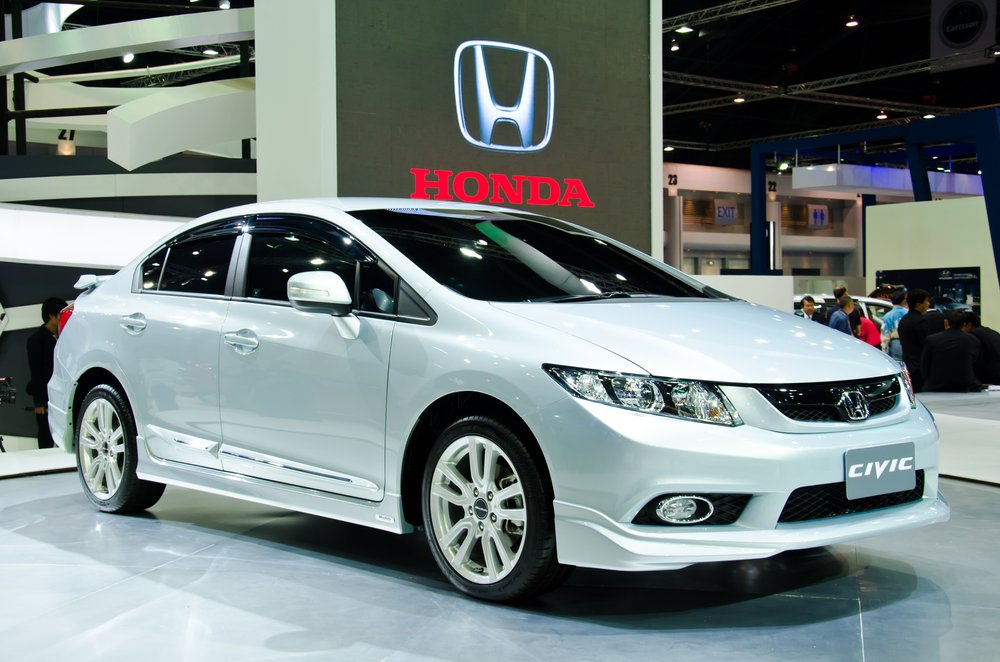
 Image credit: Depositphotos.com
Image credit: Depositphotos.comThe automotive industry is at the cusp of a technological revolution, a recent industry analysis warned.
James Edmondson, research director at consulting firm IDTechEx, wrote in a recent paper that the auto sector is witnessing unprecedented changes with the advent of electrification, autonomous driving and the emergence of software-defined vehicles. It raises the question of the role technology firms might play in this new era.
According to the IDTechEx report Electric Vehicles: Land, Sea, and Air 2024-2044 electric vehicles (EVs), including hybrids, are fast becoming the norm. The report estimated that more than 23 per cent of new cars registered in 2023 were electric, with pure battery-electric vehicles seeing a nearly five-fold increase from 2020 to 2023.
Furthermore, autonomous driving features are becoming more prevalent, with Level 2 autonomous vehicles now standard and Level 3 vehicles hitting the roads. The shift towards software-defined vehicles, capable of receiving over-the-air updates and offering new feature subscriptions, is opening up fresh revenue streams for automotive manufacturers. IDTechEx forecasted that software-related revenues to exceed US$700 billion by 2034.
The automotive industry has traditionally been slow to adapt, bound by lengthy development cycles and heavy reliance on tier 1 and 2 suppliers, Edmondson observed. But this is changing rapidly. Tesla has disrupted the market by mass-producing electric cars and redefining car buying and ownership, allowing customers to purchase vehicles online and initiate servicing remotely.
“This is in stark contrast to the historic model, where everything is carried out at the car dealership, including updating navigation maps for a hefty fee,” Edmonson noted.
These innovative approaches are spreading throughout the industry, providing technology companies with greater opportunities to make their mark. In late 2023, Hyundai and Amazon formed a strategic partnership to sell cars on Amazon.com. In 2022, Sony teamed up with Honda to bring Sony’s expertise in AI, entertainment and augmented reality to the automotive world.
“But as the automotive industry electrifies, and the combustion engine is no longer the defining feature, is it possible that this trend could go beyond tech companies providing the infotainment for an automotive OEM and start producing vehicles themselves?” Edmonson asked.
Merging the automotive and technology sectors poses unique challenges, he observed, especially for smaller startups that have struggled to scale up production while maintaining quality. However, well-financed tech giants are poised to overcome these obstacles.
Huawei is collaborating with Chinese automotive OEMs to develop car technology and produce electric vehicle drive units. Electronics giant Foxconn, known for manufacturing Apple’s iPhones, has ventured into electric car production with ambitions to capture 5 per cent of the global EV market. At the end of 2023, Xiaomi, a leading smartphone maker, unveiled its first electric car, aiming to become a top global automaker. Rumours suggest that other tech companies may soon follow suit.
The intersection of automotive and technology sectors prompts a pivotal question for Edmondson: Is it harder for traditional automakers to develop the necessary technology for future consumers or for tech companies to acquire the manufacturing expertise needed for the automotive mass market?
“The reality will likely lie somewhere between, where partnerships are sure to be a mainstay in the short term, but developments, acquisitions, and some displacement in the long term,” he wrote. “One thing is certain: The automotive market has a huge evolution ahead of it in the coming years, with many significant challenges.”
